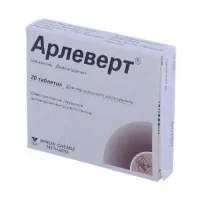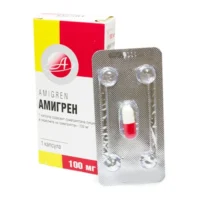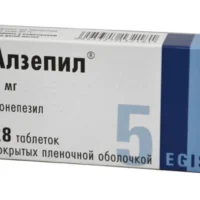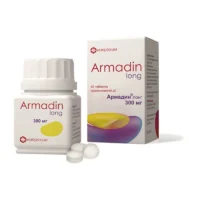Description
Tebocan (Ginkgo Biloba) Coated Tablets 120 mg. №20
Ingredients:
Each coated tablet contains 120 mg of Ginkgo Biloba extract.
Dosage:
The recommended dosage is one tablet daily. It is advisable to take the tablet with a meal to enhance absorption.
Indications:
Tebocan tablets are indicated for improving cognitive function and memory. They are commonly used to alleviate symptoms associated with age-related cognitive decline.
Contraindications:
Do not use this product if you are pregnant or breastfeeding without consulting a healthcare professional. Individuals with a known allergy to Ginkgo Biloba should also avoid this product.
Directions:
Swallow the tablet whole with water. Do not crush or chew it. Follow the recommended dosage unless otherwise advised by a healthcare provider.
Scientific Evidence:
Ginkgo Biloba, the key ingredient in Tebocan tablets, has been extensively studied for its cognitive-enhancing properties. Research published in the Journal of the American Medical Association (JAMA) suggests that Ginkgo Biloba may improve cognitive function in individuals with age-related memory impairment.
Additional Information:
- Ginkgo Biloba is believed to work by improving blood flow to the brain, thus enhancing cognitive function.
- Some studies have shown that Ginkgo Biloba may also have antioxidant properties, protecting brain cells from damage.
Pharmacological Effects: Ginkgo Biloba is thought to exert its effects through multiple mechanisms, including vasodilation, anti-inflammatory effects, and protection against oxidative stress. By enhancing cerebral blood flow and neuroprotection, Ginkgo Biloba may support cognitive function and memory.
Clinical Trials: Clinical trials have demonstrated the potential of Ginkgo Biloba in improving cognitive function, especially in individuals with mild cognitive impairment or early-stage dementia. A study published in the International Journal of Neuropsychopharmacology showed significant improvements in memory and attention in participants taking Ginkgo Biloba extract.





